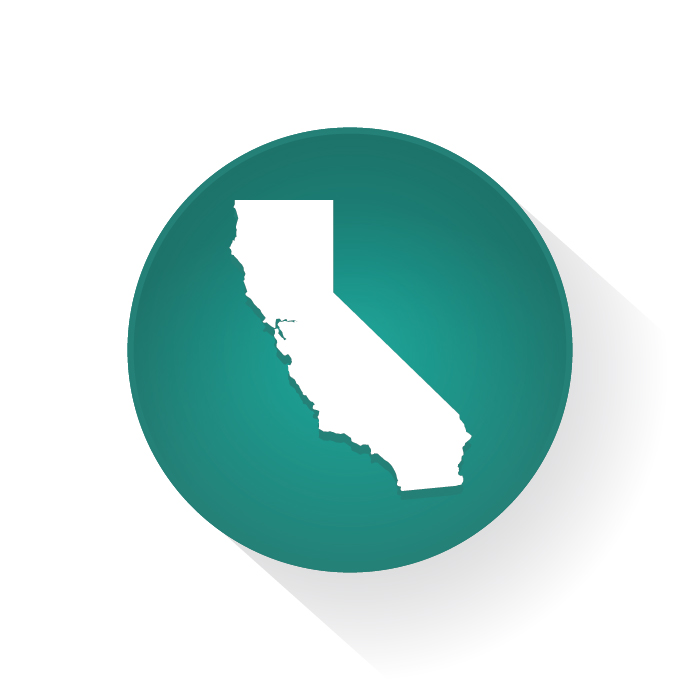
In more and more states, the legalization or impending legalization of cannabis requires HR teams to assess, and potentially continually reassess, company policies. In some states, legalization has been limited to medical use but, in others, it has extended to recreational use. Workforce magazine has had several recent articles focused on helping HR professionals understand how new and existing laws impact their work and workplace. In nearly every state, every employer will need to consider current and future policies around possession, use, and what constitutes impairment.









